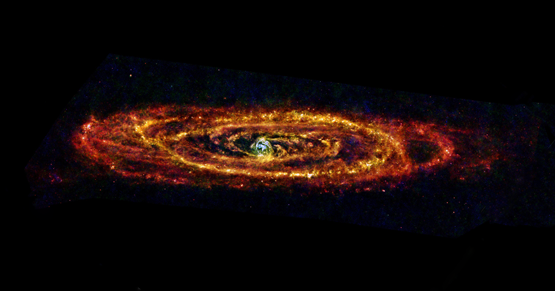
How to know God
An atheist mystic meets the goddess of love.
And I was met with silence. A deafening silence.
Now, many years have passed, and by most understandings of the word I’m an atheist. I do not believe in a human-like consciousness that directs things. While I hear people when they say they see the divine in the beauty and mystery of the world, for me it is just beauty and mystery. Doesn’t need any projection of a human into the sky. I’m confident there is no deity that acts within history.
And. Within my experience there is something in the beauty and mystery, an experience that seems to rise naturally within our human minds, our human hearts. The best word I can find for it is love. Yes, a difficult word, with too many meanings, and not the only word possible. Buddhists tend to like the word compassion for what appears to be the same complex of human reactions to that beauty and mystery we encounter. But still, the word love is the one that seems to work best to me.
I’m sure there are biological parts to our human encounter with this feeling-emotion-thought-idea, or as C. S. Lewis put it, the “grubby roots” of our affections. But I feel that’s just how we come to the encounter, which seems bigger than the constraints of our biology. In my life I’ve found two complementary ways of seeing where this love emerges.
I’ve found how the Unitarian Universalist two truths—that the individual is precious and that the individual is created out of a world of mutuality—result in an experience of love.
And I’ve found how the Zen Buddhist two truths—that everything and everybody in the universe are mutually created through a dance of causality, and that everything and everybody in the universe have no substance, but rather are wildly open and boundless—result in an experience of love.
Here the moral of it begins to emerge. We see how the other is us; you and I share the same root. A cascade of expectations follows for anyone who finds this love divine.
This love is so powerful that it creates and destroys lives. It creates and destroys worlds. This love is completely amoral. It is desire and it can extend beyond desire. How we harness it is very important. And it is here I think we find our work as human beings.
This is my confession of faith. I find in this world of hurt and loss something precious and powerful, terrible and beautiful. As a word love falls so short, but language is like that; it falls short. Yet the human experience of love, grubby roots and all, points all the way back to that place where planets and stars and whole galaxies burst into existence, burn bright, and die. And in some random corners of this dance of galaxies, for reasons beyond our ken, heart-minds are born that can see, can feel, can know this love.
And in a world without meaning, meaning emerges, full blown, a goddess.
If we want meaning in a world that exists beyond meaning and meaninglessness, I suspect this encounter with the face of the divine is it. A path to walk. A sea in which to swim. Our true home. Our one soul . . .
Love.
Photograph (above): view of the Andromeda galaxy from the Herschel space observatory (ESA/Herschel/PACS & SPIRE Consortium, O. Krause, HSC, H. Linz). See sidebar for links to related resources.
Comments powered by Disqus






